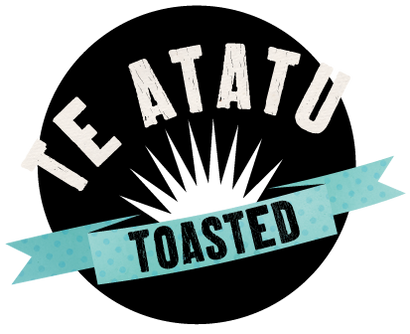Your Cart is Empty

How to save money on groceries
July 26, 2022
Annual food price inflation was 6.8 per cent higher in May 2022 compared with May 2021, according to Stats New Zealand. So, it’s probably no surprise that New Zealand families spend on average, $10,000 a year on food. That works out at about $200 a week, so many of us are spending a lot more! If your family’s grocery bill is up around $400 a week, you are spending a whopping $20,000 a year at the supermarket. And that doesn’t take into consideration the cost of eating out or takeaways.
The winter months can be expensive for families – power bills start to skyrocket, and the cold and flu season means we are often facing more trips to the doctor. And that’s before we’ve even factored in the cost of petrol! But food is one area where you can save some money by making a few small changes. Here are our tips for spending less at the supermarket:
- Have a budget for food and stick to it
- Plan meals ahead and shop with a list once a week so you only buy what you need. Buying something on special doesn’t save you money if you end up throwing it out!
- Stick with what’s in season – when you are meal planning and shopping, look at fruit and vegetables that are arriving fresh from local growers. Avoid paying high prices for food that’s imported or out of season – not only does it cost more, it also won’t taste as fresh.
- Reduce food waste - New Zealand households throw away 157,000 tonnes of food a year. That is equivalent to 271 jumbo jets of food that doesn’t get eaten. Planning meals is a good start. But we can also look at using more of the food we buy. There are plenty of vegetables, such as carrots, that can be eaten with the skin on. There are also lots of vegetables like broccoli and cauliflower that you can use from tip to stalk. Broccoli stalks are great in a stir-fry or curry.
- Look at buying food on subscription – meal plans such as Hello Fresh or My Food Bag could save money in the long run as you are only paying for what you need. Te Atatu Toasted flexible monthly subscriptions saving you up to 25 per cent on the cost of a healthy breakfast!
- Use your freezer wisely – it’s more cost effective to make big batches of soups and casseroles and freeze in meal-sized portions. Also freeze leftovers if you know you are not going to eat them in the next day or so – otherwise they just get chucked out. Or if your supermarket is offering cheap deals on a particular cut of meat, stock up and freeze some to use later.
- Consider a few meatless meals each week – not only will you save money, you will also be helping the environment. Look for recipes that use cheaper alternatives such as lentils, canned beans, chickpeas or canned fish.
- Watch portion sizes – if you make a meal intending to have leftovers for lunch the next day, put that aside before you serve. That means you or your family won’t eat two meals’ worth of food in one go.
- Look at how you are storing food to ensure it lasts longer.
- Bread should be kept in the fridge or freezer to stop it going moldy.
- Put a selection of fruit in the fruit bowl and keep the rest in the fridge to keep it fresher longer. This works well for many fruits including apples, citrus fruit and ripe feijoas, kiwifruit and stone fruit.
- Keep potatoes and onions in a cool, dark area but don’t store them together. They both release moisture which makes them sprout faster.
- Keep tomatoes at room temperature.
- Wrap cup pumpkin in cling film and store int the fridge.
- Consider investing in containers that help keep produce fresher longer – there are options to suit most budgets from the Sistema Freshworks range through to Tupperware’s VentSmart products.
Now start thinking about all the fun things you can do with the money you are saving at the supermarket!
💥 Are you ready to start spending less on a low sugar, healthy breakfast cereal?
👉 Choose your Blend here and we'll deliver to your door - easy! 💥
